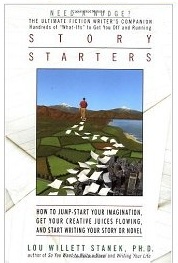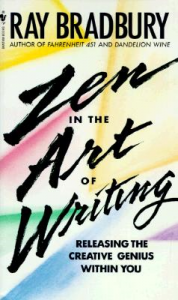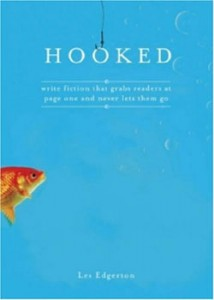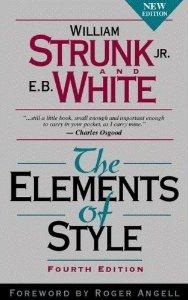Can reading or writing poetry improve your prose? I’ll go with a yes on that.
First, allow me to give you my take on the differences. Let’s consider Prose and Poetry as siblings, as brother and sister respectively, for they are related, both being offspring of language.
The sister, Poetry, keeps her work brief. Her words are densely packed, tiny packages brimming with meaning. She prides herself on juxtaposing words in a way to convey a clear impression without wasting syllables. For her, only the right words will do, and she takes great pains to find them. True, her brother Prose can be brief when he wants to, but he is not that way all the time.
To a greater degree than her brother, Poetry is in love with the sound of words. She rhymes at certain times, and is often tending to play with words’ endings. Albeit she also allows a lot of alternate alliteration. Rhythm, too, is her forte. Poetry is a close friend to Music, to whom Prose is only a casual acquaintance. This focus on the sound of words themselves, not just their meanings, gives Poetry a majestic sound, a special and important sound.
For these reasons, most poetry should be read slower than most prose, to extract meaning and enjoyment. Even though it’s shorter in length, poetry can therefore take just as long to read!
Having established the differences, we turn to my main point, whether familiarization with poetry can help a writer of prose. 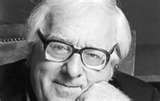 We’ve all come across authors whose prose reads like poetry, where it’s clear the author loves the sounds and rhythms and flow of words, where the word choices sweep and lull us along with the story as if we’re listening to a song. The author that comes to my mind is Ray Bradbury. Read any of his works and you’ll likely agree he must be a poet in the thin disguise of a prose writer.
We’ve all come across authors whose prose reads like poetry, where it’s clear the author loves the sounds and rhythms and flow of words, where the word choices sweep and lull us along with the story as if we’re listening to a song. The author that comes to my mind is Ray Bradbury. Read any of his works and you’ll likely agree he must be a poet in the thin disguise of a prose writer.
You might argue there are plenty of fine prose authors whose works don’t read like poetry, and I concur. But even these authors might dabble with poetry on occasion. Perhaps they’ll have one character in their story who speaks in the manner of a poet, or who quotes poets like Shakespeare. It’s one way to distinguish characters, to give them depth.
Another way poetry could help your prose (perhaps the most extreme way) is by shifting to poetry altogether. The epic poem form of Homer’s Iliad and Odyssey seems to be coming back now and gaining acceptance in the form of verse novels, or novels-in-verse, especially for teen fiction.
At the very least, a familiarity with poetry might influence your prose writing by making you more conscious of word choice, brevity, juxtaposition of unlike words, and the sound of words themselves. You may find it adds flair to your prose.
I confess to being a part-time poet. My poems are rather private, for family members on holidays, or people retiring at work. Those poems are not worthy of submission for publication, but perhaps the experience of writing them has improved my prose; I like to think so.
To quote Gilbert & Sullivan, “Although we live by strife, We’re always sorry to begin it. For what, we ask, is life, without a touch of Poetry in it? Hail, Poetry!”
From Poetry’s glass you should imbibe; so say I–
Poseidon’s Scribe








